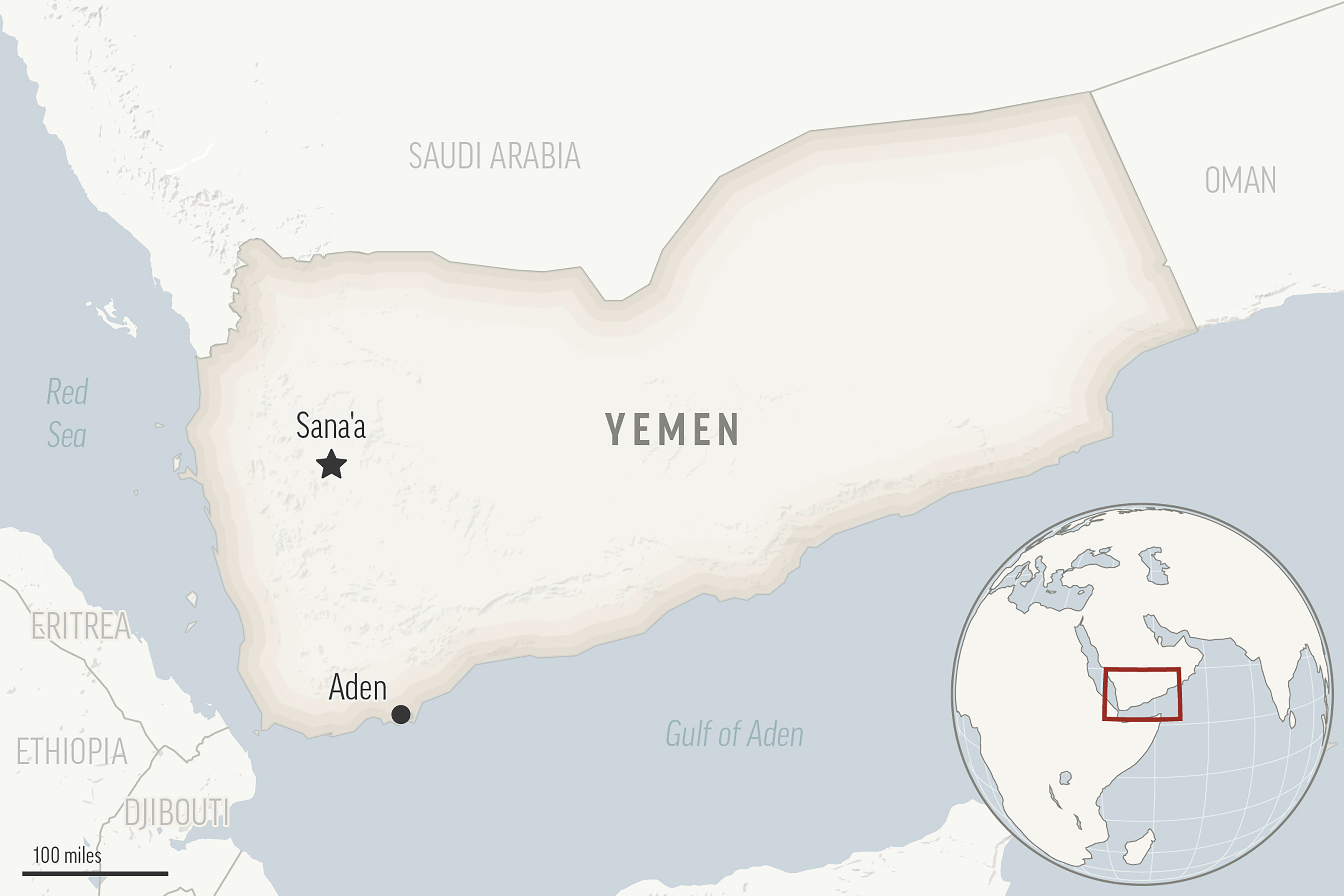Navigating Consequences: War Impacts in the Red Sea
The Red Sea, once a symbol of maritime trade and connectivity, is now grappling with the far-reaching impacts of war. This article delves into the multifaceted consequences, exploring the humanitarian toll, economic disruptions, and the environmental aftermath in the wake of conflicts that have engulfed the region.
Humanitarian Toll: Civilians Caught in the Crossfire
The foremost impact of war in the Red Sea is the profound humanitarian toll on civilians. Conflict leads to displacement, loss of livelihoods, and a breakdown of essential services. Civilians find themselves caught in the crossfire, facing the harsh realities of conflict. The international community must address the urgent humanitarian needs to alleviate suffering and restore a semblance of normalcy.
Economic Disruptions: Trade Routes and Resources at Stake
War disrupts the economic fabric of the Red Sea region, affecting trade routes and access to vital resources. The instability hampers global supply chains and has repercussions on economies beyond the conflict zone. The economic disruptions amplify the urgency for conflict resolution, as nations grapple with the economic fallout of conflicts in the strategic waterway.
Environmental Aftermath: Ecological Consequences of Conflict
The environmental consequences of war in the Red Sea are far-reaching. Naval activities, pollution, and disruptions to ecosystems have a lasting impact. The delicate balance of marine life is disrupted, affecting biodiversity and the overall health of the Red Sea. Efforts to address the environmental aftermath of conflict must be an integral part of any comprehensive post-war strategy.
Security Challenges: Unraveling Stability in the Region
War introduces security challenges that unravel the stability of the Red Sea region. The militarization of the area, proxy conflicts, and the potential for spillover effects pose ongoing security threats. Nations must collaborate on security measures to restore and maintain stability, ensuring that the region can recover from the impacts of war and move towards a more secure future.
Diplomatic Initiatives: Paths to Peace and Reconstruction
Diplomatic initiatives are crucial in mitigating the impacts of war in the Red Sea. International organizations and diplomatic channels provide avenues for dialogue and conflict resolution. Diplomacy is not only about cessation of hostilities but also about charting paths for peacebuilding, reconstruction, and fostering conditions for long-term stability.
Global Responses: Collaborative Efforts for Recovery
Addressing the impacts of war in the Red Sea necessitates collaborative global responses. The international community must come together to provide humanitarian aid, support reconstruction efforts, and contribute to the rebuilding of affected communities. Multilateral cooperation is essential for comprehensive recovery from the multifaceted impacts of conflict.
Human Rights Concerns: Upholding Dignity Amidst Chaos
Amidst the chaos of war, upholding human rights becomes paramount. Civilians in conflict zones face the risk of human rights abuses, and efforts must be made to protect the dignity and rights of individuals. Humanitarian agencies and international organizations play a crucial role in monitoring and addressing human rights concerns in the aftermath of war.
Refugee Crisis: Displacement and the Search for Refuge
War in the Red Sea often leads to a refugee crisis, with populations forced to flee conflict zones in search of safety and refuge. Nations in the region and the international community must address the plight of refugees, offering humanitarian aid, shelter, and support for those displaced by the impacts of war.
Rebuilding and Recovery: Charting a Sustainable Future
Rebuilding and recovery efforts are essential for charting a sustainable future in the Red Sea. Post-conflict reconstruction involves not only physical infrastructure but also the rebuilding of social, economic, and environmental systems. Sustainable development goals must be central to the recovery process, ensuring resilience against future conflicts.
In navigating the complex aftermath of war in the Red Sea, a comprehensive approach is imperative. From addressing immediate humanitarian needs to fostering long-term stability and sustainability, the impacts of war underscore the urgency for concerted international efforts.

